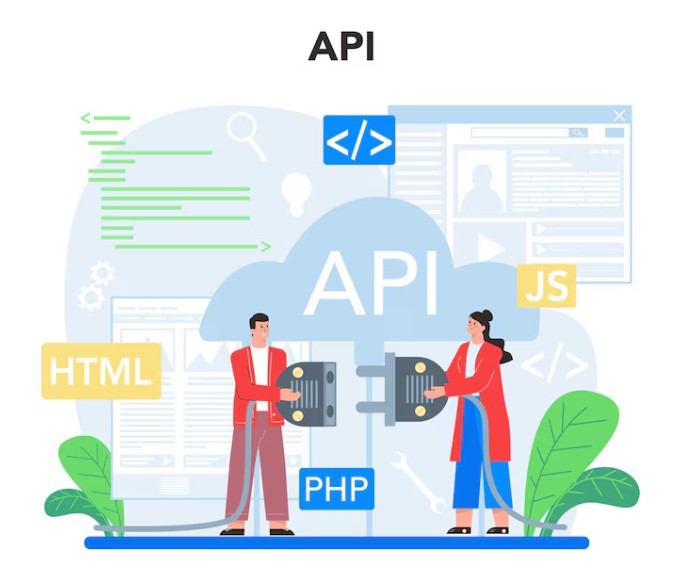It should be stated that developing mobile apps is both challenging and exciting. Nowadays, there is a growing demand for innovative mobile solutions. So, developers, these days often face the pressure of creating apps quickly. Above all, they are forced to do this while maintaining high quality. Nevertheless, coding mobile apps is a complex endeavour. The reason is that errors can creep in with ease. In most instances, these errors can lead to poor user experience, crashes and performance issues.
Avoiding these errors is important. Only then, a successful mobile application can be delivered. You can learn about the common errors and ways to avoid them from this post:
Plan Before You Code
One common mistake mobile app developer make is that they jump into coding straight away without proper planning. Let us consider that you start writing code without a clear structure. This can lead to increased errors, missed features and confusion. So, before you begin coding, make sure you plan your app entirely. This encompasses:
- Designing the structure of the application
- Outlining the main features
- Creating prototypes or wireframes
With planning, you can ensure that you have a clear direction. Also, planning will help you avoid errors later in the application development process. So, start with a blueprint before you begin app development.
Write Clean and Maintainable Code
One of the best techniques you can follow to avoid errors is to write clean and maintainable code. It will be hard to maintain and debug code that has been poorly written. To avoid this, follow the best coding practices:
- Using consistent naming conventions
- Keeping methods and functions small
- Writing modular code
With well-structured code, testing and debugging will become easy. Also, updating will become easier so that the probability of errors will be reduced.
Test Early and Often
Testing is a crucial part of developing mobile apps. However, most newbie developers overlook this step. The reason is that they work with tight deadlines. Let us consider that you fail to test the app thoroughly. This can lead to undetected errors that can affect the user experience and functionality of the application.
To avoid this problem, you can adopt a test-driven development approach. With this approach, you can write tests before you write the actual code. This will ensure that your code is tested continuously. So, it will meet the required functionality.
Here, you should be aware of the different types of tests. They are UI Tests, integration tests and unit tests.
- Unit tests will check every component of your code
- Integration tests will make sure that various parts of your code work together as per expectation
- UI Tests will pay attention to user experience. These tests will ensure that the app behaves correctly across different screen sizes and devices.
By testing your code early and frequently, you can catch errors early. So, they will not become bigger issues later.
Also, you should avoid other mistakes when developing mobile apps. Examples include not optimizing your apps for different screen sizes and devices and not managing resources and memory efficiently.
